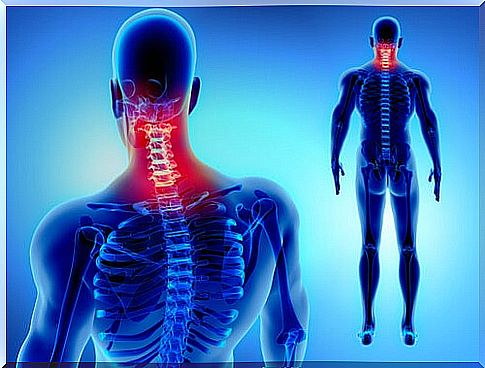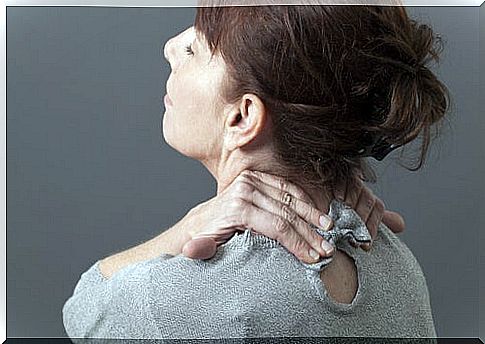What Is Whiplash And How To Deal With It

You find yourself calmly in the car, driving, when you have to stop suddenly. Then your head shoots forward quickly and sooner or later you notice severe pain in your neck that doesn’t go away. This is the most common situation after whiplash appears, which is why this traumatic pathology is also called “non-contact acceleration cervical injury.”
This condition is quite painful and greatly reduces mobility during recovery. It can spread to other areas of the body, so the main thing after an episode of this style is to rest. Of course, the first thing we must do is go to a specialist to administer the appropriate treatment.
What are the symptoms?
To know if you suffer a whiplash, the following factors must be or have occurred:
- Abrupt movement of the neck, by own action or of third parties.
- Severe pain in the cervical area, which can extend to the head.
- Torn ligament.
- Contractures in the muscles of the neck, head or even back.
- Dizziness or vertigo
- Pain with movement of the spine.
These symptoms can occur in isolation or together, and will vary depending on the patient. These usually coincide in the pain when moving the spine, either in the cervical or lumbar area.

How is whiplash treated?
When we go to the traumatologist, the specialist in traumatic injuries such as the injury in question, he will carefully examine the affected area in search of major injuries. Whiplash can lead to less serious ailments, such as post-traumatic algia (pain), but it can also cause greater damage, such as disc problems (in the vertebrae).
Since the area of the injury is usually concentrated in the neck, one of the first preventive measures will be the placement of a collar, which will reduce mobility to avoid aggravating the condition of the cervicals. The administration of analgesics is another common practice, in order to alleviate local pain, especially intense hours after the trauma.
Medication intake will continue for an indefinite period of time, depending on the patient’s recovery. The most common will be muscle relaxants and anti-inflammatories. Also, because of the contractures that whiplash causes, you will probably be advised to see a physical therapist to treat contracted muscles. Massages that activate circulation and proper nutrition can also help us to accelerate healing.

What to do during recovery?
- As we have already seen, the most immediate preventive measure is the placement of a collar, which we must maintain for around 72 hours. This obviously depends on the doctor’s instructions, since we will take it depending on the severity of the traumatic episode. The collar will help us to immobilize the area, to avoid making strange movements due to pain. However, we must remember that not moving the area implies atrophy of it, so we should not wear the collar more than indicated by the specialist.
- It is also very important to influence the adaptation of a comfortable and correct posture to favor the correct positioning of the vertebrae. Two movements are essential: rectification of the cervical and lumbar muscles. To perform the first, we must move the jaw back, until we notice a rectification of the spine. For the second, we will turn the hips forward.
- When they allow it, we can perform controlled and moderate exercise that helps us strengthen the muscles in the damaged areas. Cardiovascular exercise, such as jogging , is not advisable , as it favors the blows between the vertebrae.
- It is advisable to continue visits to the physiotherapist during recovery, to help us control contractures.
- Finally, continuing with medical treatment as long as the specialist does not contraindicate it will help us to continue with a normal life. The administration of medications is something that is regulated on which we cannot act as we please.
Keep in mind that we cannot always feel like we used to; some injuries do not heal, and it is important to understand and accept this. Our quality of life can be affected, but we cannot let this interfere with the functioning of our day to day. Seeking emotional support is important for this.









